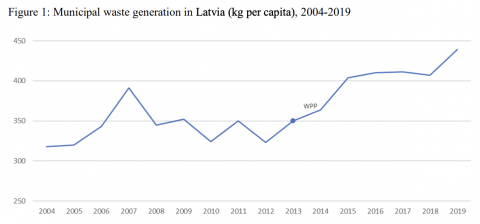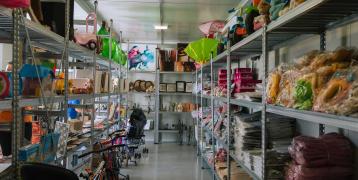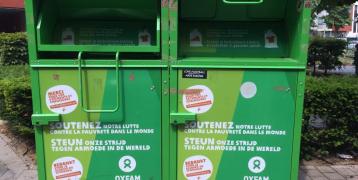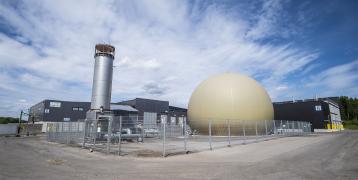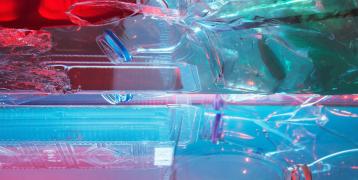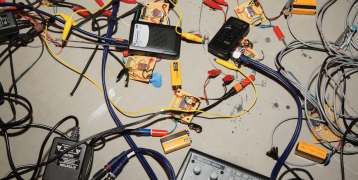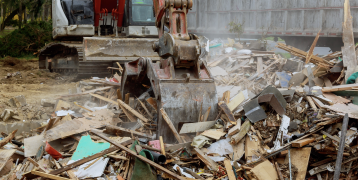New aspirations for Latvian waste management
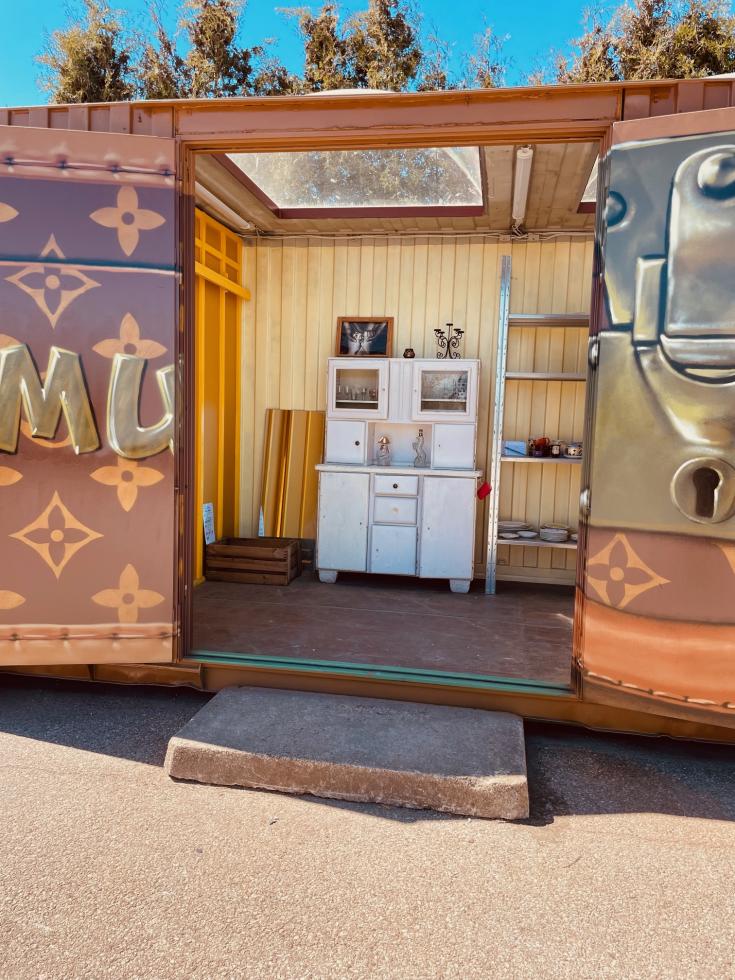
Global consumption of materials is expected to double over the next forty years, while the waste generation is expected to grow by 70%. To reduce waste production and resources consumption, the European Union has launched the Circular Economy Action Plan, part of the European Green Deal.
The primary goal of European policies is to prevent waste creation and to reuse or provide high-quality recycling for any waste that is produced. This policy should help:
- Harmonise waste collection systems within Europe
- Introduce new waste management rules
- Tighten the existing waste management rules
In light of this, EU Member States have begun to develop and revise their own national waste management plans and strategies.
Despite the publication of Latvia’s first Waste Prevention Plan in 2013, the generation of municipal waste has been growing steadily, as can be seen in the graph below. Increased waste prevention, therefore, remains an important topic for Latvia.
The country’s participation in the OptiWaMag project, which focuses on waste management innovation in urban spaces, should also be helpful in these efforts. One of the policy changes achieved through the project is the development of a new Latvian National Waste Plan.
Following dedicated research and numerous stakeholder meetings, Latvia’s Cabinet of Ministers has officially adopted the New Waste Management Plan in January 2021. Some of the plan’s most important recommendations are:
- Waste prevention
- Including food waste and packaging waste prevention.
- Reducing the number of plastic bags.
- Development of reuse and repair services
- Promoting a network of zero waste shops to reduce the amount of packaging waste.
- Establishing reuse and repair centres to collect usable items.
- Enhanced separate waste collection
- Separate collection of biological waste from 2023.
- Use of containers for sorted waste near multi-apartment residential buildings and composting bins near single-family houses in the City of Riga from 2021.
- Increasing the number of collection points for sorted packaging (plastic, glass, metal, paper) – one recycling station per 200 citizens.
- Promoting the collection of electrical & electronic waste (WEEE).
Participation in the OptiWaMag project has led to a self-assessment of the Latvian waste management system, which provided important data for the development of the new plan. The main strengths and challenges of the current system were assessed, and priorities for the new plan were set, with a focus on circular economy solutions, such as reuse and recycling.
“What helped us enormously when developing the new waste management plan was to see how things are done in other countries” says Ruta Bendere from Riga Technical University, a partner of the OptiWaMag project.
Latvia implemented a pilot action TESLA LAB dedicated to testing new, innovative approaches for adopting the 3R circular economy principle (Reuse, Reduce, Recycle) in Latvia’s waste management practices.
“We have learned from the Italian good practice “Change the Ending” and based on their model (using small containers as reuse points) opened a reuse centre in the city of Liepāja, in South Kurzeme Region” says Bendere, pointing to the benefits of interregional learning. The reuse centre is the first of its kind in Latvia, is managed by the waste management company and enables free exchange of household goods.
Another big part of the new plan is biological waste collection. “Again, we were inspired by good practices from other countries. We have seen how Sweden manages biowaste in a truly closed-loop manner, which is something we aspire to replicate in Latvia” explains Bendere.
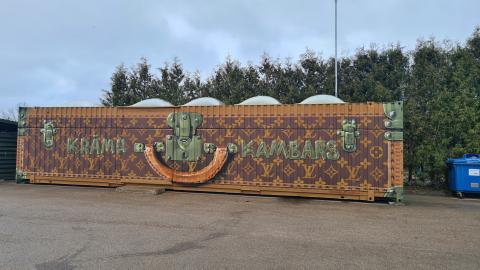
The challenging part of biowaste management are large apartment buildings. “Waste management companies have no personal contact with the tenants, so we are working with the landlords of big apartment buildings in order to improve the sorting and collection rates”, describes Bendere.
Education and awareness raising are key when it comes to waste management and behaviour change, and it has been a consideration in this project as well. According to Bendere, people were generally supportive of the project. “We are organizing lectures at RTU for specialists, house owners and landlords, who are very important in the collection of sorted waste, we are helping them understand the benefits”.
To regions and countries who wish to develop a new waste management strategy, in line with the circular economy, Bendere recommends getting inspired by other countries and regions, organise site visits and see what is done in real life, but to always keep in mind the local mentality and how the good practice can be translated to the unique context of the region. “Now that COVID-19 is hopefully over, we would be happy to invite anyone interested to visit us in Latvia and see the work we are doing”, concludes Bendere.
Explore more information on the OptiWaMag project website or read the good practice 'Change the Ending'.

